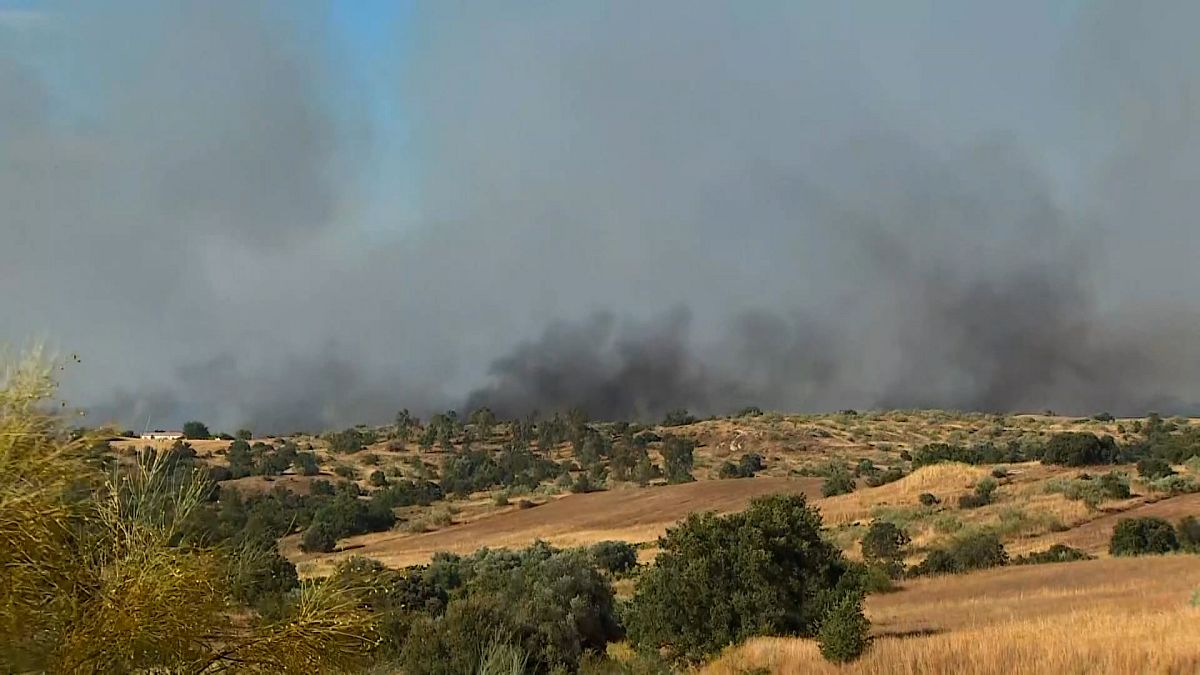

Recent developments across Europe have highlighted both the formidable strength of nature and the resilience of its communities. A wildfire near the quaint town of Méntrida, located just north of Madrid, has captured attention with its swift spread and the dramatic plume of smoke it sent over the Spanish capital. This event prompted necessary evacuations but also displayed the swift, coordinated response of emergency services, ensuring safety and prioritizing the needs of local residents.
This wildfire is part of a broader trend emerging throughout Europe in 2025. Experts describe the situation as a ‘perfect storm’ driven by a confluence of extended heatwaves, prevailing drought conditions, and lapses in forest management. So far, the lands affected stretch over an impressive 232,000 hectares—an area comparable to the entire size of Luxembourg. While these statistics may appear daunting, they also emphasize the critical importance of ongoing cooperation among European nations to enhance forest management practices and bolster preventive measures against such natural phenomena.
The implications of climate change are making their presence unmistakably felt, not just in the dry forests of Spain, but also in regions north and east. Hungary and the Balkan Peninsula are witnessing similarly extreme weather patterns. According to climate researchers, these areas are seeing accelerated effects of global warming compared to other parts of Europe. With soaring temperatures placing additional pressures on agriculture and community livelihoods, the focus increasingly turns towards sustainable adaptations within these regions.
In the south, Portugal’s Algarve coast has experienced what scientists are calling a ‘marine heatwave.’ Sea temperatures recorded between June and July have reached record highs, with the water averaging a balmy 25.1°C. This phenomenon is part of a warming trend that affects marine biodiversity and influences local weather systems. Still, the Portuguese coastline stands resilient, with concerted efforts by maritime authorities and communities to monitor and adapt to changes, balancing human activity with the health of the beloved marine environment.
While these events are a reminder of the influence of global heating, they also serve as a testament to human capacity for adaptation and resilience. Across Europe, communities are coming together, learning, and evolving their approaches to environmental management. The collaborative efforts observed, from the firefighter brigades in Spain to research initiatives in Hungary, underscore the calm determination that underlines the European response to climate challenges.
As we move forward, the continuous exchange of ideas and strategies between diverse European regions will play a crucial role in crafting more resilient societies. Addressing the root causes of these climatic shifts while remaining committed to innovative solutions can help safeguard the rich, diverse landscapes of Europe for generations to come. Through shared knowledge and enduring resolve, there’s assurance that Europe will continue to face each challenge with grace and collective strength.
Source: {link}
